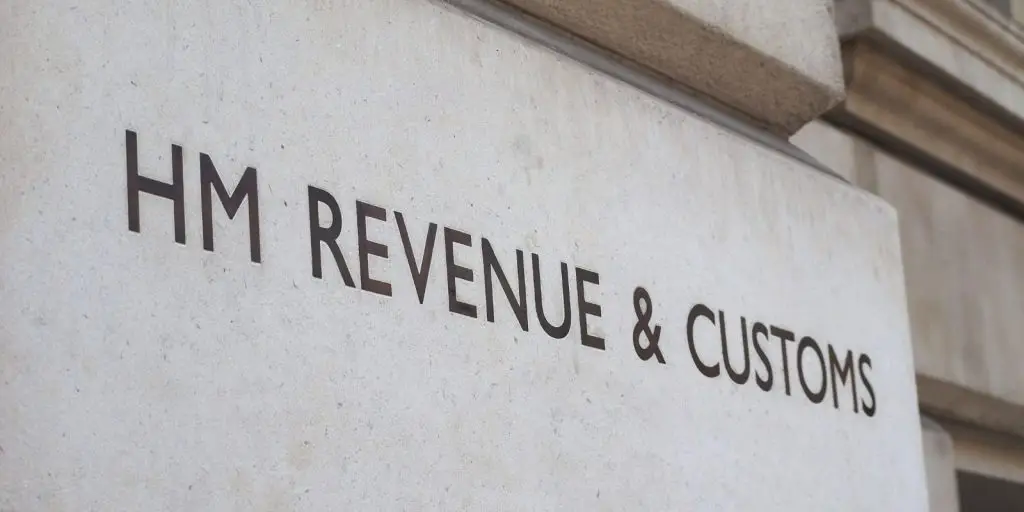The government has recently published draft legislation that looks to align all basis periods for unincorporated businesses with the tax year. The proposed changes were due to take effect from 2022/23 onwards, however, in a recent written statement the Treasury has announced that these changes will be pushed back by 12 months.
Whilst this creates a reprieve for 2022/23; from 2023/24 a business’s profit or loss for a tax year will be the profit or loss arising in the tax year itself, regardless of its accounting date. This does not mean the accounting date has to change, but rather the way the taxable profits are reported.
As an illustration, assume currently your accounting period ends on 30 April 2023. You are assessed to tax on your profits to 30 April 2023 in the tax year 2023/24 and pay any tax by 31 January 2025, 21 months later.
In the first year of aligning with the tax year, your 30 April year end will see almost two years of profit being taxed at the same time, (1 May 2022 to 5 April 2024), whilst the date for payment will be reduced to 9 months. This will certainly have an impact on cash flow and potentially on long term planning.
It is possible that this year of change could push a trader into the higher tax brackets, impacting not just on tax but on the level of benefits received (such as child tax benefit) and other items linked to taxable income such as restriction of the personal allowance.
HMRC argue that individuals’ other forms of income are already taxed on a tax year basis and this change brings the tax treatment of trading income into alignment with them. Aligning reporting requirements would certainly make it easier for HMRC to introduce Making Tax Digital in the next few years.
For businesses with higher profits in 2023/24 resulting from the change in basis period, the government is considering an election to spread the additional profits over a period of up to 5 years. Despite this extra time, the point remains that in many cases the new rules will give rise to a higher tax burden in the short-term.
In order to minimise the impact of the change on your cash flow, it may be sensible to adjust your accounting year date now and utilise any losses which may have arisen as a result of Covid-19.
If you have any queries or would like to discuss this further please do not hesitate to contact your Kilsby Williams team member on 01633 810081




